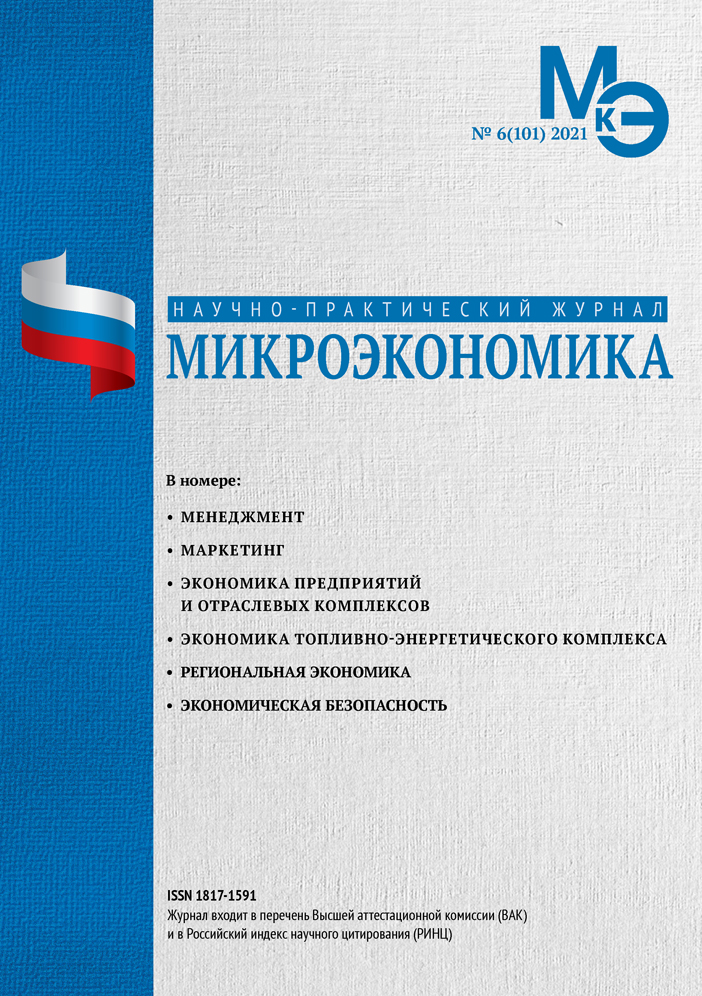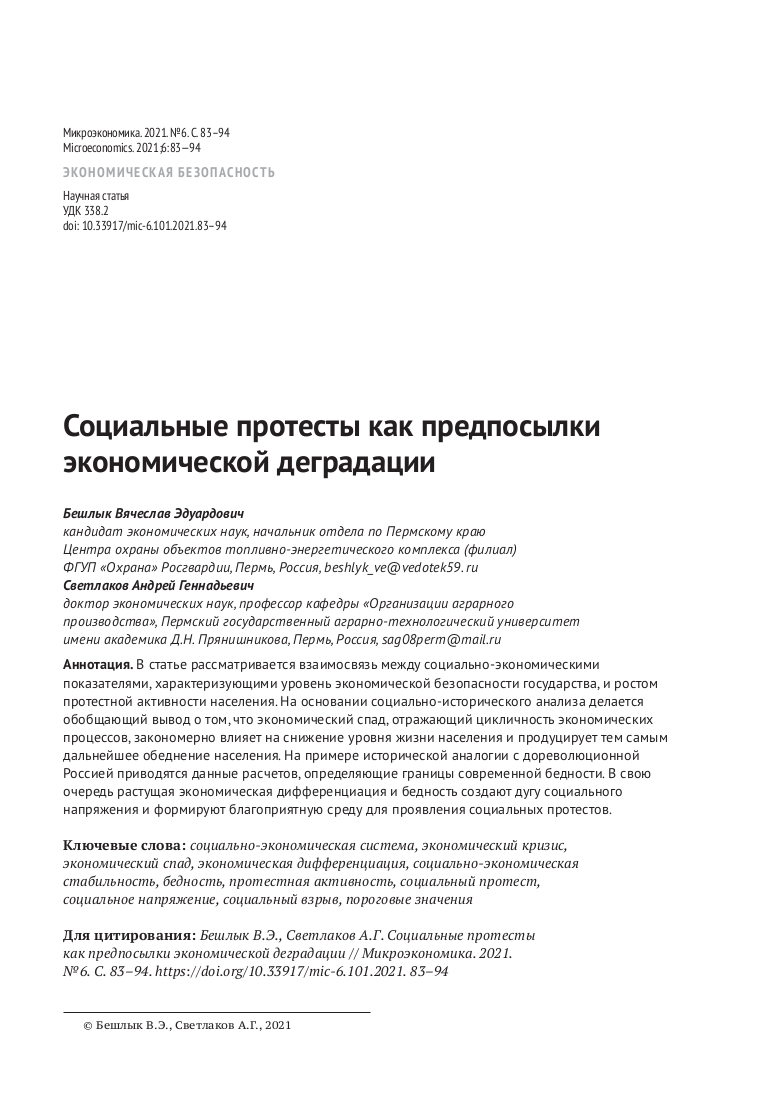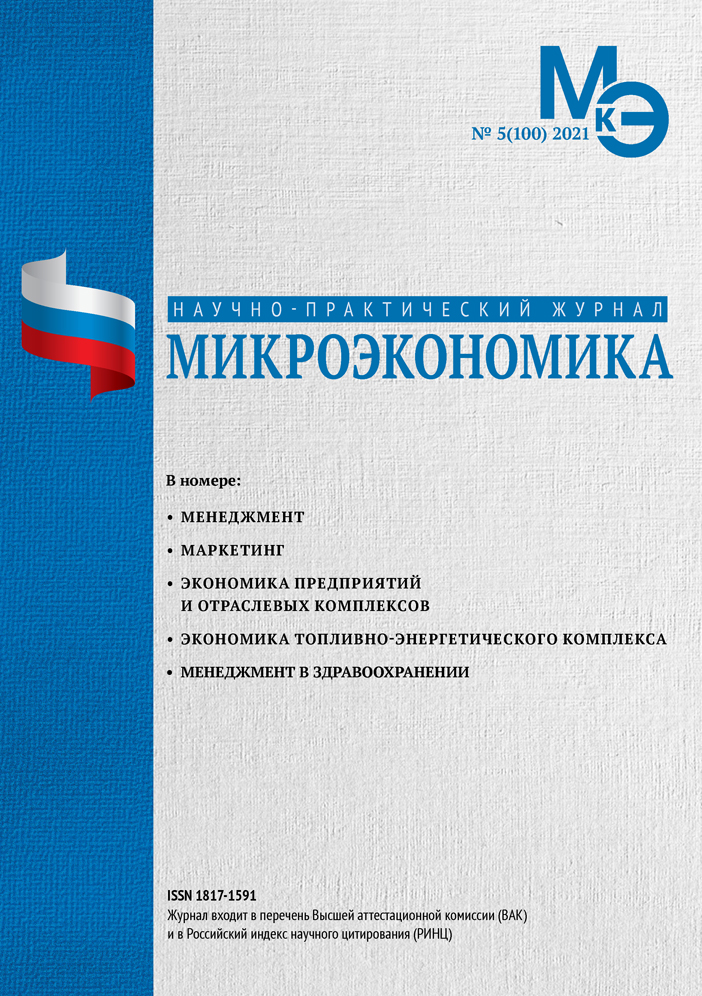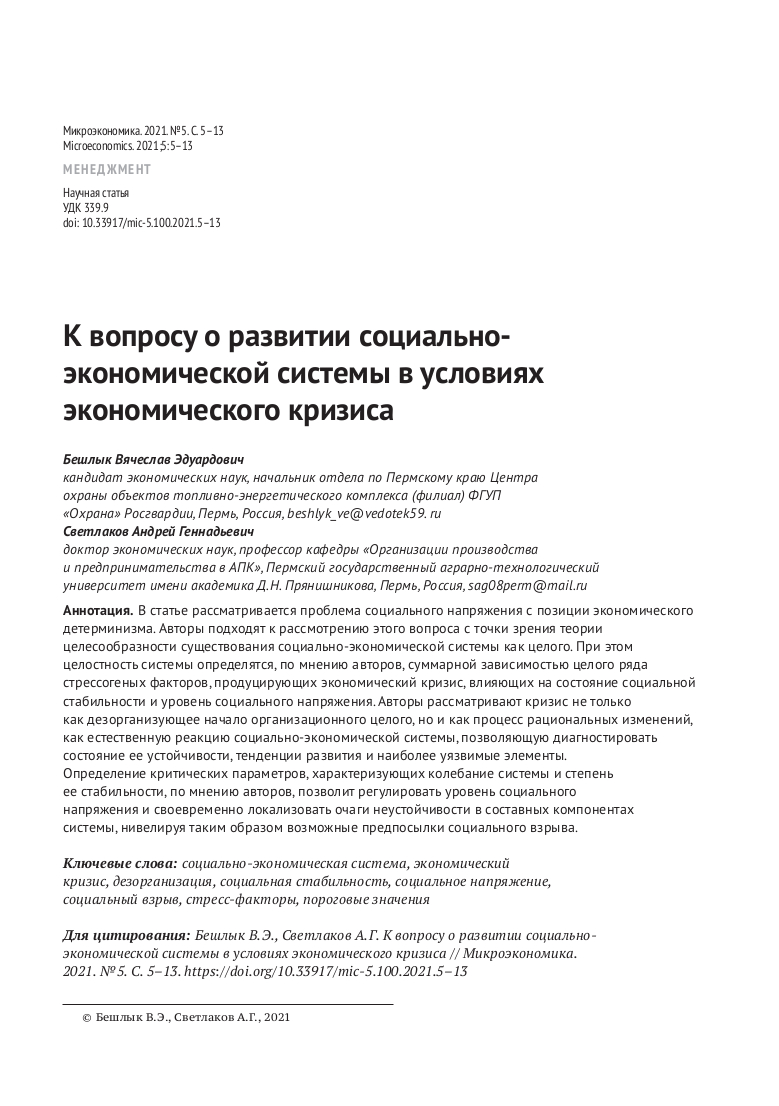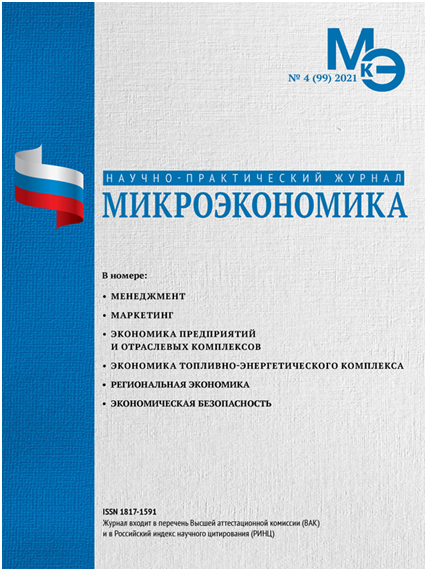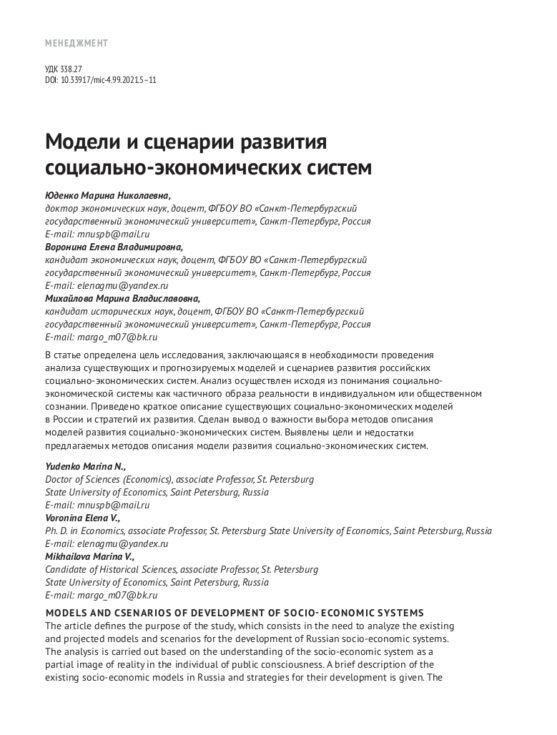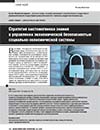Social protests as prerequisites for economic degradation
DOI: 10.33917/mic-6.101.2021.83-102
The article examines the relationship between socio-economic indicators characterizing the level of economic security of the state and the growth of protest activity of the population. Based on the socio-historical analysis, a generalizing conclusion is made that the economic downturn, reflecting the cyclical nature of economic processes, naturally affects the decline in the standard of living of the population and thereby produces further impoverishment of the population. Using the example of a historical analogy with pre-revolutionary Russia, the calculation data defining the boundaries of modern poverty are given. In turn, growing economic differentiation and poverty create an arc of social tension and form a favorable environment for the manifestation of social protests.


